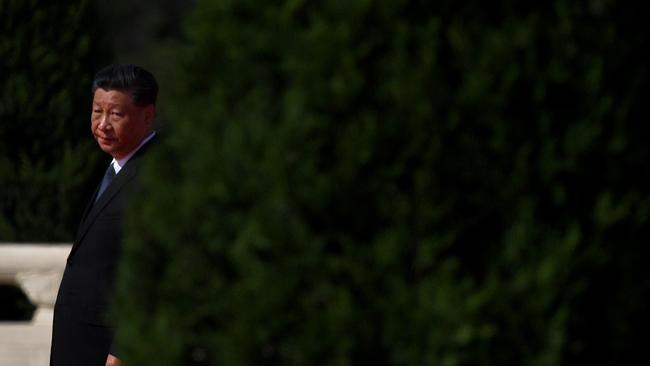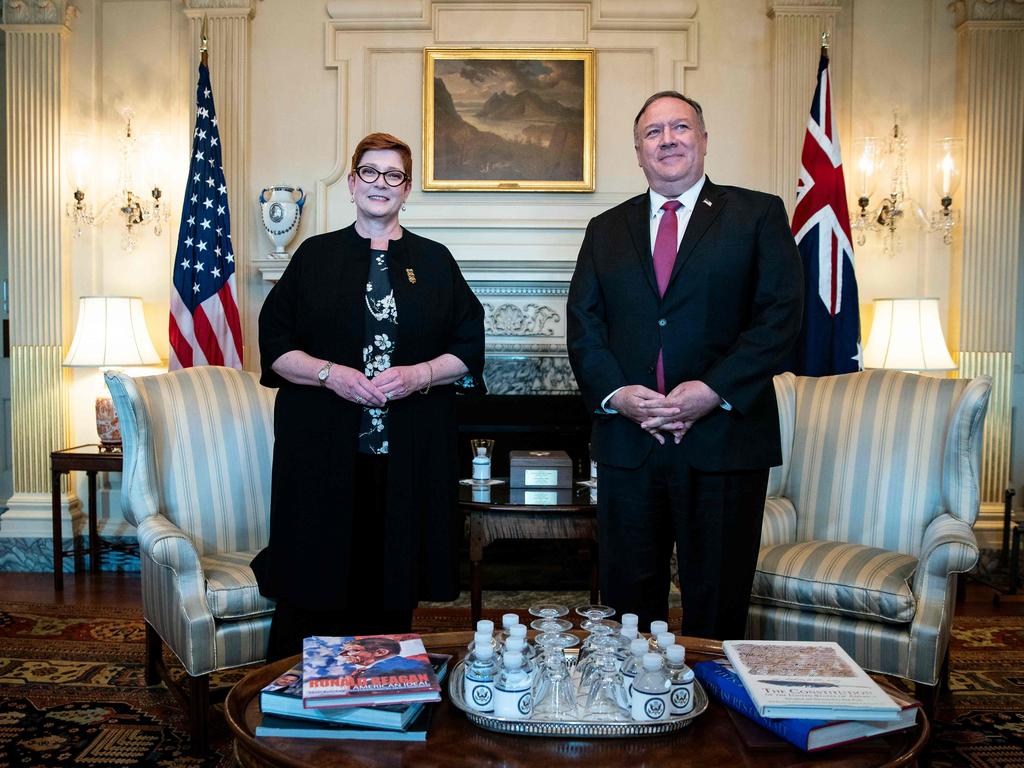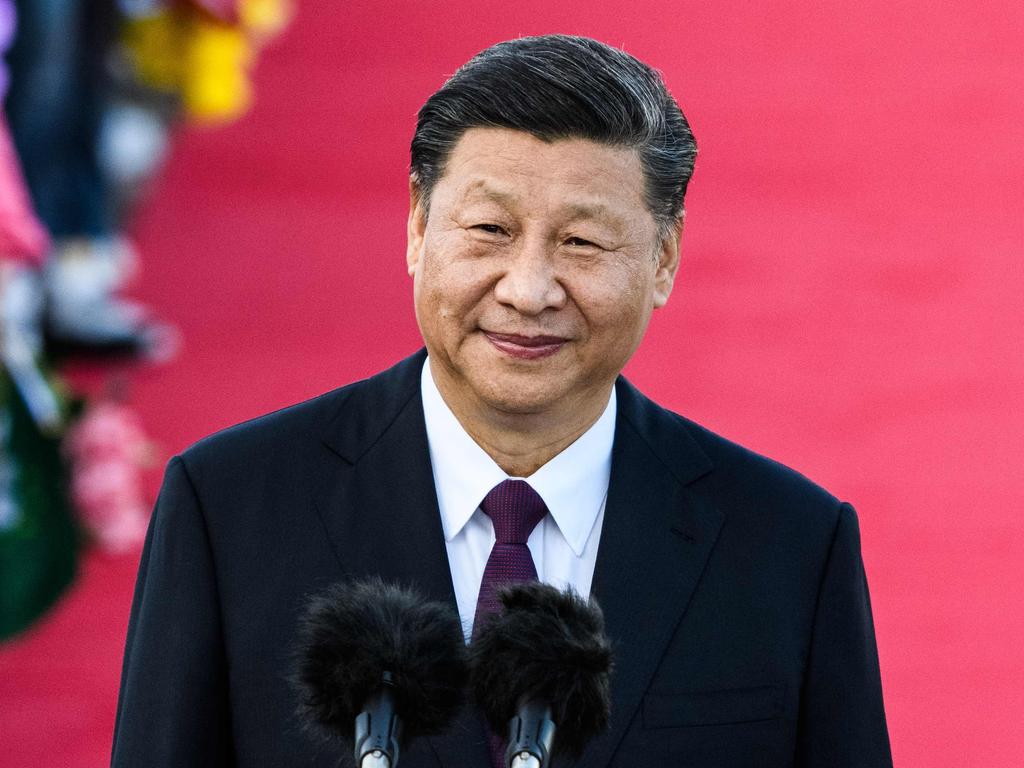The world turns sour on China, says Pew research
President Xi Jinping’s China has never been less trusted or viewed more negatively across the developed world.

President Xi Jinping’s China has never been less trusted or viewed more negatively across the developed world, with unfavourable sentiment rising most sharply in Australia.
A new international survey by the Washington-based Pew Research Centre found negative sentiment towards China at record levels in Australia, South Korea, Germany, The Netherlands, Sweden, Britain, Spain, Canada and the US.
Citizens in 14 developed-world countries — spanning Europe, North America, East Asia and Australia — were even more wary of Mr Xi, with at least seven in 10 people in every country surveyed saying they did not have confidence that China’s leader would do the right thing in world affairs.
“Confidence in Xi is low among men and women, those with higher and lower levels of education, across age groups and among those with higher and lower incomes,” Pew researchers Laura Silver, Kat Devlin and Christine Huang said in the report.
The survey of 14,276 adults — conducted from June 10 to August 3 — is the most comprehensive snapshot of the decline in China’s standing in the rich world after the COVID-19 outbreak and the rising power’s subsequent “wolf warrior” diplomacy.
It follows a companion Pew survey released last month that found attitudes towards America had plunged among its allies — including Australia — as US President Donald Trump’s administration struggled with the new coronavirus while blaming China for the outbreak.
The new Pew survey found negative views towards China increased the most over the past 12 months in Australia, leaping 24 per cent to a record 81 per cent.
Only three years ago, Australia had the most favourable sentiment towards China among the surveyed countries, with only 32 per cent of Australians having an unfavourable view in Pew’s 2017 survey.
The record low — which followed a series of economic threats made by Mr Xi’s regime after the Morrison government called for an inquiry into the origins of the coronavirus — was revealed days after China’s former Australian ambassador, Fu Ying, called for Australia and China to avoid “resorting to confrontation” to improve the bilateral relationship.
“Both countries need to show their sincerity and courage to get out of the current dilemma,” she said.
Sentiment was worse only in Japan, where 86 per cent have an unfavourable view of China. Just over half of Japanese surveyed had a “very unfavourable” view of China, with Australia second with 45 per cent. “Japan also stands out as a country where less than 0.5 per cent of the public — effectively no one — reports having a lot of confidence in China’s President,” the authors said in their report.
More than half of the Australians surveyed — 52 per cent — said they had “no confidence at all” that Mr Xi would do the right thing in world affairs.
Respondents were even more critical of China’s leader in France, Sweden, the US and Japan.
This was the first year that Pew found the majority of younger Australians — those under 30 — had an unfavourable view of China, at 68 per cent. That rose to 86 per cent for Australians aged 50 and older. It was also the first year since the survey began in 2008 that a majority of young Americans expressed negative views about China.
South Korea — where Mr Xi is scheduled to make his first international visit since the COVID-19 outbreak — was the only country surveyed where younger people had even more unfavourable views about China than older people.
In a rare bright spot for Beijing, Pew’s 2020 surveys found confidence in Mr Trump — who is being treated for coronavirus — was even lower than for Mr Xi.
Russian President Vladimir Putin received a slightly higher trust score than both the American and Chinese presidents. Citizens in all countries except the US and Japan said China had managed the coronavirus better than America.
However, respondents were also mostly negative about China’s coronavirus handling, despite it being one of the first countries in the world to largely stop the spread of COVID-19.
South Koreans, Japanese, Australians and Danes were most critical of China’s coronavirus response, with more than 70 per cent of respondents in all four countries saying China had done a bad job.
The Spanish and French were more positive, while Italy — the site of the first catastrophic outbreak after Wuhan — was the only country where a majority, 51 per cent, said China had handled the coronavirus well.







To join the conversation, please log in. Don't have an account? Register
Join the conversation, you are commenting as Logout